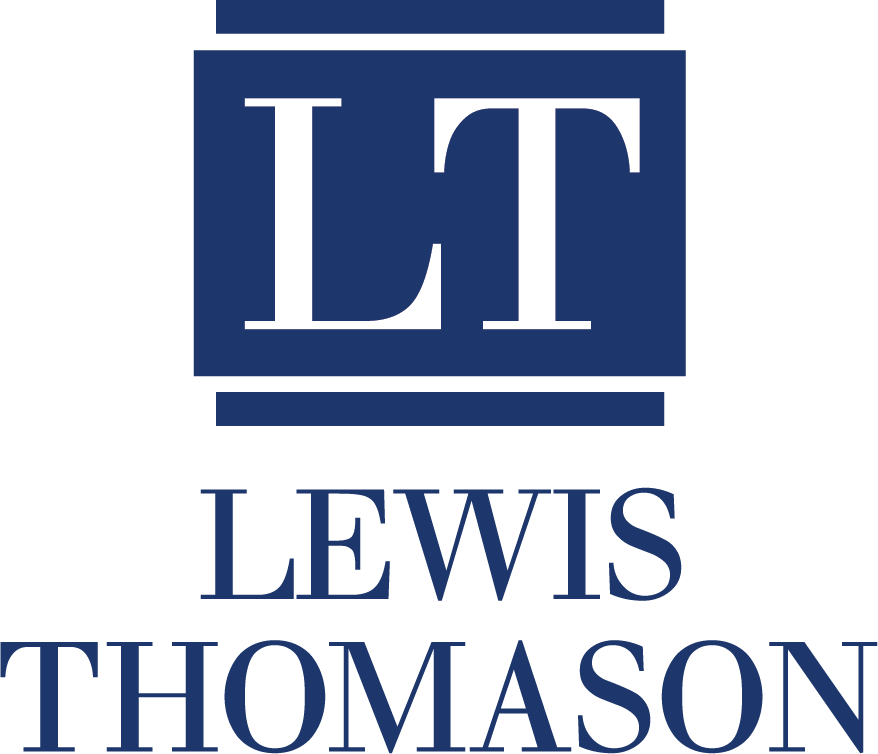Yesterday, the United States Supreme Court issued a unanimous opinion holding that exhaustion of administrative remedies under the IDEA is not required when the substance of a Plaintiff’s complaint seeks relief for something other than the denial of FAPE. The holding represents a dramatic departure from the previous standard endorsed by the Sixth Circuit Court of Appeals, which includes Tennessee. The old standard required exhaustion in cases where the harms alleged were educational in nature—regardless of whether the plaintiff was seeking relief under the IDEA or some other statute.
The plaintiffs in the Fry case filed their lawsuit for money damages after the school district denied their request to allow their daughter’s service dog to accompany her during the school day. The school district denied the request because, pursuant to the student’s existing IEP, a human aide provided one-on-one support throughout the school day. The parents alleged that the exclusion of their daughter’s service animal violated her rights under Title II of the ADA and Section 504 of the Rehabilitation Act by denying her equal access to the school’s programs, “refusing to reasonably accommodate” the student’s use of a service animal, and otherwise discriminating against her on the basis of her disability.
Significantly, the Frys did not challenge the adequacy of the special education services provided by the school district or allege that the refusal to allow the service animal resulted in a denial of FAPE. The district court dismissed the lawsuit based on the Frys’ failure to exhaust their administrative remedies under the IDEA. On appeal, the Sixth Circuit affirmed the dismissal based on its long-standing precedent—because the harms were generally educational, the Frys had to first exhaust the IDEA’s administrative procedures.
The U.S. Supreme Court vacated the Sixth Circuit’s decision holding: “exhaustion is not necessary when the gravamen of the plaintiff’s suit is something other than the denial of the IDEA’s core guarantee – what the Act calls a ‘free appropriate public education.’”
The Court’s holding affirms that a school district’s obligations to students with special education go beyond providing educational services. While a district may not be required to allow a service dog in order to provide FAPE, it may be subject to a lawsuit under Section 504 or Title II ADA for denying such a request.
The case stands as a stark reminder for school districts that while the IDEA is a critical piece of legislation, it is not the sole statute protecting children with disabilities. Indeed, the IDEA promises individually tailored educational services, and Title II and Section 504 guarantee nondiscriminatory access to public institutions. The potential for overlap in coverage does exist and is easy to see: the same conduct could violate all three statutes.
In the past, exhaustion was required even when this overlap occurred; however, under the new standard, the plaintiff is “‘the master of the claim’”: She identifies its remedial basis – and is subject to exhaustion or not based on that choice.” This observation by the Supreme Court is precisely what will have major implications for future lawsuits against school districts.
In effect, plaintiffs will now have an avenue by which they can bypass the administrative procedures provided in the IDEA and may seek immediate judicial relief by filing a lawsuit in federal or state court.
Until lower courts begin trying to apply the new standard, the precise impact of this decision will be difficult to predict. However, yesterday’s decision is undoubtedly a “game changer” in the realm of lawsuits brought by students with disabilities.
If you have questions regarding the impact of this decision on your school district, please feel free to contact a member of the Lewis Thomason Education Practice Group. The full text of the opinion is available here: Supreme Court Opinion.



